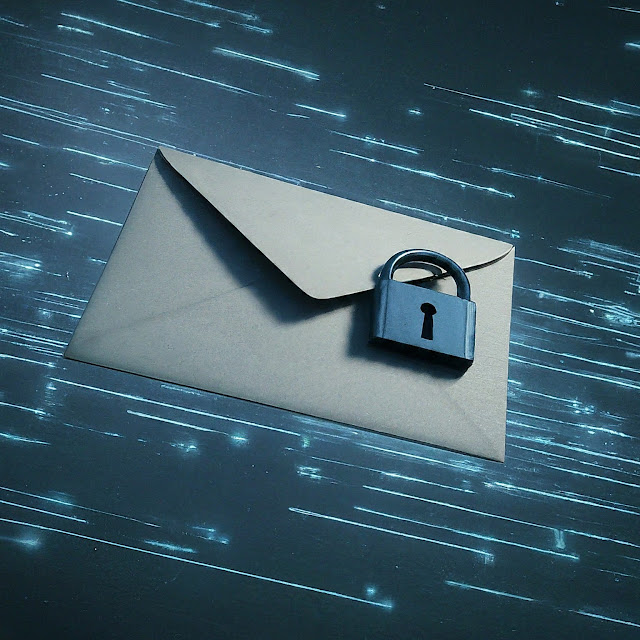Proton Mail, the popular encrypted email service, narrowly avoided being blocked in India after intervention from Swiss authorities.
End-to-End Encryption Wins: Proton Mail Averted Block in India
Proton Mail, the popular encrypted email service, narrowly avoided being blocked in India after intervention from Swiss authorities. This incident highlights the ongoing debate between user privacy and national security.
Why Did India Want to Block Proton Mail?
In February 2024, several schools in Chennai received hoax bomb threats sent through Proton Mail's encrypted platform. Following an investigation, Indian law enforcement sought information about the users behind the emails. However, Proton Mail's end-to-end encryption prevented them from accessing this data.
Swiss Law Protects User Privacy
Proton Mail, a Swiss company, is legally obligated to comply with Swiss law. Under Swiss law, Proton Mail cannot share user data with foreign authorities unless a formal request is made through official channels and deemed compliant with Swiss regulations.
Intervention and Resolution
Faced with a potential block, Proton Mail appealed to Swiss authorities. The Swiss government intervened and successfully communicated with their Indian counterparts. This diplomatic effort ensured Proton Mail remained accessible in India.
The Importance of Encryption
This incident highlights the importance of encryption in protecting user privacy. Encryption safeguards email content, files, and other data from unauthorized access. Proton Mail argues that blocking their service only punishes law-abiding users who rely on strong encryption for secure communication.
Not the First Controversy
This isn't the first time Proton Mail has been caught in the crossfire between privacy and security. In 2020, Russia blocked Proton Mail after similar hoax bomb threats. These events raise complex questions about balancing user privacy with national security concerns.
Looking Ahead
The future of encrypted email services like Proton Mail remains to be seen. This incident serves as a reminder of the ongoing debate between user privacy and national security. As governments grapple with online threats, the role of encryption technology will undoubtedly continue to be a topic of discussion.























COMMENTS